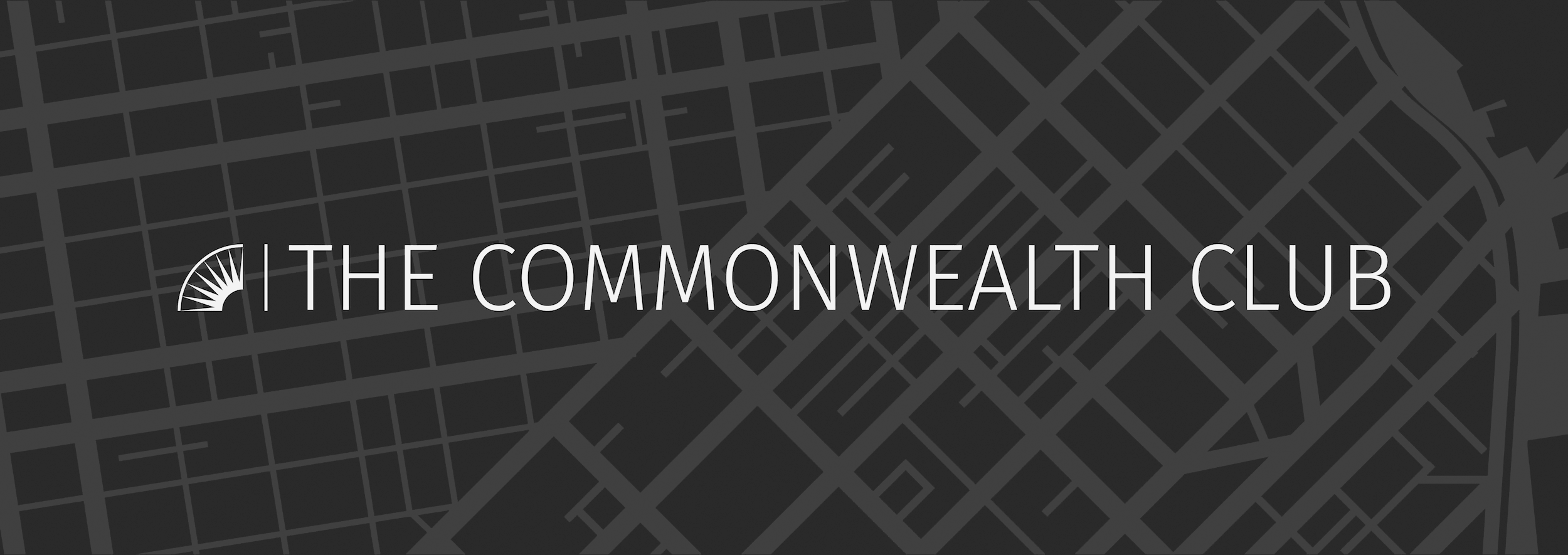Wed, Oct 22 2014 - 12:30pm
Atul Gawande, Author, The Checklist Manifesto and Being Mortal: Medicine and What Matters in the End; Staff Writer, The New Yorker; Professor, Harvard Medical School, Harvard School of Public Health
Alice Huan-mei Chen, M.D., M.P.H., Chief Integration Officer, Director of the Center for Innovation in Access and Quality, and Director of the eReferral Program, San Francisco General Hospital; Professor of Medicine, University of California, San Francisco — Moderator
Gawande tackles the question of how medicine can not only improve life but also the process of its ending. Modern medicine, dedicated to prolonging life, inevitably runs counter to the natural condition of aging and death. Nursing homes, hospitals and doctors, in the process of provide the aging and dying with the best care, continue to pin patients to railed beds and carry out devastating procedures that ultimately extend suffering.
A practicing surgeon and MacArthur fellow, Gawande addresses his profession’s ultimate limitation, arguing that quality of life is the desired goal for patients and families. Gawande offers examples of more socially fulfilling models for assisting the infirm and dependent elderly, and he explores the varieties of hospice care to demonstrate that a person's last weeks or months may be rich and dignified. Gawande asserts that medicine can comfort and enhance our experience even to the end, providing not only a good life but also a good end.




